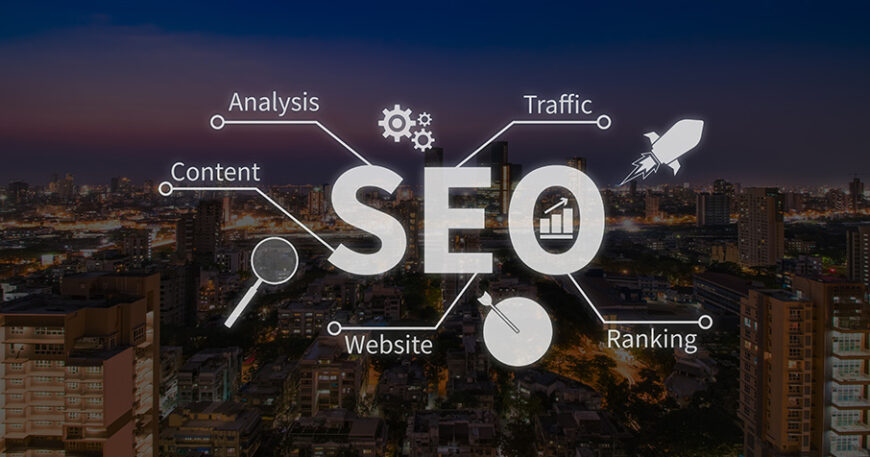In the ever-evolving landscape of digital marketing, search engine optimization (SEO) remains a fundamental strategy for businesses looking to improve their online visibility and drive organic traffic. At the core of SEO lie two key components: on-page optimization and off-page optimization. Understanding the nuances of these optimization techniques and how they intersect with Google’s ever-changing algorithm is essential for businesses seeking to achieve success in the realm of search engine rankings. In this blog post, we’ll delve into the importance of on-page and off-page optimization and the significance of understanding Google’s algorithm in shaping effective SEO strategies.
The Foundation of SEO: On-Page Optimization
On-page optimization refers to the process of optimizing individual web pages to improve their search engine rankings and attract targeted traffic. This involves optimizing various elements of a webpage, including meta tags, headings, content, images, and internal links. By strategically incorporating relevant keywords, optimizing meta descriptions and title tags, and ensuring a user-friendly layout and navigation structure, businesses can enhance the relevance and authority of their web pages in the eyes of search engines like Google.
The Power of Off-Page Optimization
Off-page optimization, on the other hand, focuses on improving a website’s authority, relevance, and trustworthiness through external factors such as backlinks, social signals, and online reputation. Building high-quality backlinks from reputable websites, engaging with influencers and thought leaders in your industry, and maintaining an active presence on social media platforms can all contribute to strengthening your website’s off-page SEO profile. These external signals signal to search engines that your website is credible, authoritative, and deserving of higher rankings in search results.
Understanding Google’s Algorithm
Central to the practice of SEO is an understanding of Google’s algorithm, the complex set of rules and criteria that determines how websites are ranked in search results. Google’s algorithm is constantly evolving, with frequent updates and changes designed to deliver more relevant, useful, and trustworthy search results to users. By staying abreast of these updates and understanding the factors that influence search rankings, businesses can adapt their SEO strategies accordingly and maintain their competitive edge in the ever-changing digital landscape.
The Intersection of On-Page and Off-Page Optimization
While on-page and off-page optimization are distinct elements of SEO, they are closely intertwined and complementary in their impact on search engine rankings. A holistic SEO strategy that incorporates both on-page and off-page optimization techniques is essential for achieving optimal results and maximizing your website’s visibility, authority, and relevance in search results. By focusing on creating high-quality, valuable content that resonates with your audience and earning authoritative backlinks from reputable sources, businesses can enhance their online presence and drive sustainable organic traffic over time.
Conclusion
In conclusion, on-page and off-page optimization are essential pillars of effective SEO, working in tandem to improve a website’s search engine rankings, visibility, and authority. By understanding the nuances of these optimization techniques and staying informed about Google’s algorithm updates, businesses can develop and execute SEO strategies that drive tangible results and position them for long-term success in the competitive digital landscape. At Excelloite, we specialize in crafting customized SEO solutions tailored to your unique needs and objectives. Contact us today to learn more about how we can help you achieve your SEO goals and elevate your online presence.



